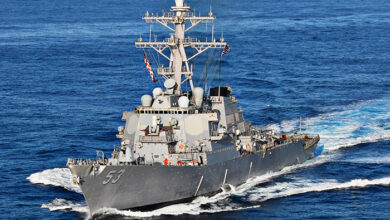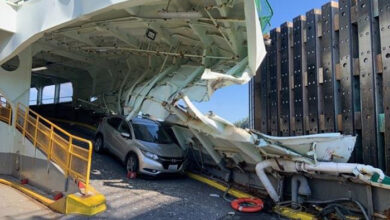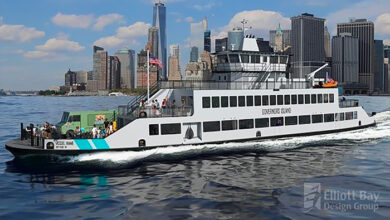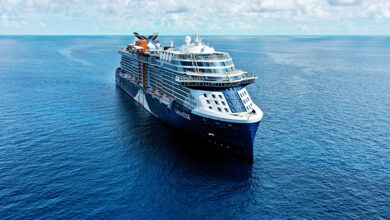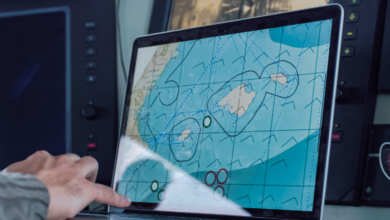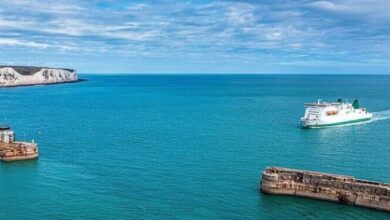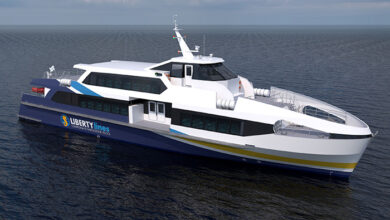Adani Ports Decides To Ban Record Drug BustContainers From Pakistan, Afghanistan, and Iran After Record Drug Bust
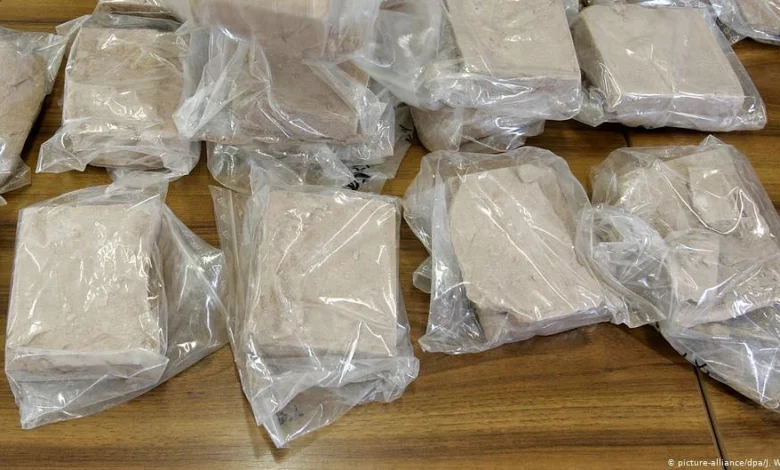
Adani Ports and Special Economic Zone (APSEZ), the largest port operator in India recently announced that it will no longer deal with any form of containerized cargo from Iran, Pakistan, and Afghanistan. The move comes amid growing concerns of national security after a massive drug seizure at the Mundra Port last month.
The decision was made public in form of a trade advisory issued on Monday, which read, “with effect from November 15, 2021, APSEZ will not handle EXIM containerized cargo originating from Iran, Pakistan, and Afghanistan.”
This was followed by a statement from Adani Ports, part of the Adani Group conglomerate, clarifying that the advisory will apply to all terminals operated by the company including third-party terminals till further notice.
The statement made no mention of any particular reason behind the decision but speculations count it as a move to suppress criticism over one of the largest drug hauls witnessed by the nation.
Following the seizure, the Adani Group issued a statement defending themselves citing restrictions on terminal operators to examine containers.
The seizure on September 14th at Western Port of Mundra included confiscation of heroin worth US$2.65 billion that originated in Afghanistan, which was concealed in two containers arriving from the Bandar Abbas Port in Iran. FleetMon reported on the topic: https://www.fleetmon.com/maritime-news/2021/35361/heroin-worth-280-million-linked-taliban-seized-ind/
.jpg)
The decision by Adani Ports has raised a flurry of concerns among industry experts including imports worth more than US$260 million being hit after they are diverted from Mundra port, the largest commercial port in India to JNPT at Nhava Sheva in Mumbai.
The imports of goods likely to be disrupted include chemicals, mineral fuels, and aluminum along with agricultural products like dry fruits and cereals.
The impact on export costs is also expected to be equally severe with an estimated rise of 20% with the shift from Mundra to JNPT.
Have a look at the real-time vessel traffic in the port of Mundra by using FleetMon Explorer.



